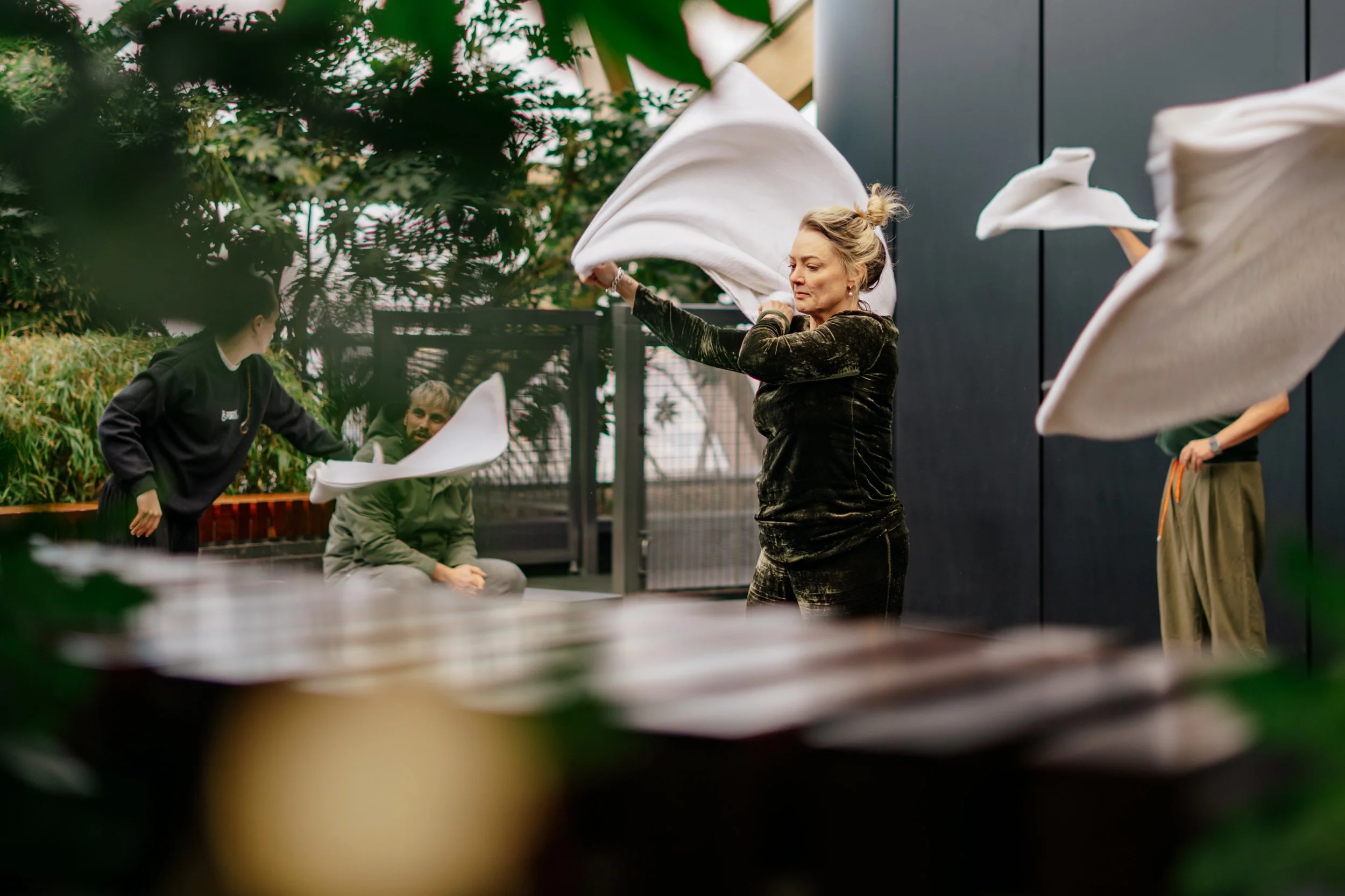UK-Wide Crackdown Reveals Modern-Day Slavery in the Beauty Industry
A UK-wide crackdown on illegal workers has revealed a disturbing link between cheap nail treatments and modern-day slavery. In January alone, immigration enforcement teams raided 828 premises, including nail bars, car washes, and restaurants, resulting in 609 arrests—a staggering 73% increase from the previous year. These figures highlight a growing crisis within the beauty industry, where vulnerable individuals are being exploited in unregulated nail salons.
Despite the lack of consistent media attention, modern slavery in nail bars is far from a new issue. Lesley Blair MBE, CEO of the British Association of Beauty Therapy & Cosmetology (BABTAC), warns, "BABTAC has been campaigning against modern slavery for over a decade. Despite the lack of recent headlines, this inhumane crime has not disappeared. Following the 2016 Operation Magnify, BABTAC has engaged in numerous online and round-table discussions with The Modern Slavery Child Exploitation Taskforce of the Metropolitan Police, striving to eradicate the exploitation of vulnerable individuals and lobbying for stricter regulations in the beauty industry."
The challenge lies in identifying the full extent of the issue. Many illegal nail bars operate under the radar, making it difficult to quantify the number of victims. "In 2016, Operation Magnify—a cross-government initiative targeting illegal workers in high-risk industries, including beauty—resulted in 280 nail bar raids and 97 arrests. The 2019 Essex Lorry Tragedy, which claimed 39 lives, revealed that many victims had been assigned to work in nail bars. As long as the beauty industry remains unregulated and consumers prioritise the cheapest manicures, this significant problem will persist," Blair adds.
The beauty industry remains largely unregulated in the UK, making it an attractive target for traffickers. "With no regulation in the beauty industry, it is alarmingly easy to set up a nail bar with inadequately trained employees. Many consumers still don’t question whether their nail technician has a regulated qualification or proper manufacturer’s training. Unfortunately, this lack of scrutiny currently allows those running nail bars to exploit vulnerable people through modern slavery," says Blair.
Victims of human trafficking, often lured to the UK with false promises, find themselves trapped in exploitative conditions. Many are forced to work long hours for little or no pay, with their passports confiscated and threats used to ensure compliance. The Home Office has stated that people who enter the UK illegally are more likely to be living in squalid conditions, being exploited by vicious gangs.
Beyond the moral and ethical concerns, unregulated nail salons impact legitimate beauty professionals. "The exploitation in nail bars harms not only the vulnerable workers but also the broader beauty industry and its clients. Professional therapists and nail technicians struggle to compete with cheap, sub-standard services," says Blair.
Consumers, too, are affected. "Clients can often experience issues such as allergies to products like HEMA, long-term nail damage, and sub-par manicures that don't last, all due to untrained technicians and cost-cutting on products and equipment," she explains. Cheap nail treatments may seem appealing, but they often come at the cost of both quality and human dignity.
With ongoing enforcement efforts and consumer awareness campaigns, there is hope for change. However, the responsibility does not rest solely with law enforcement. Consumers must play their part by choosing ethical, properly regulated salons over those offering impossibly cheap treatments. As Blair stresses, "If a deal seems too good to be true, it probably is."
The recent government crackdown may have shone a temporary spotlight on this hidden crisis, but lasting change will require continued vigilance, regulation, and collective action from authorities, industry professionals, and consumers alike.









